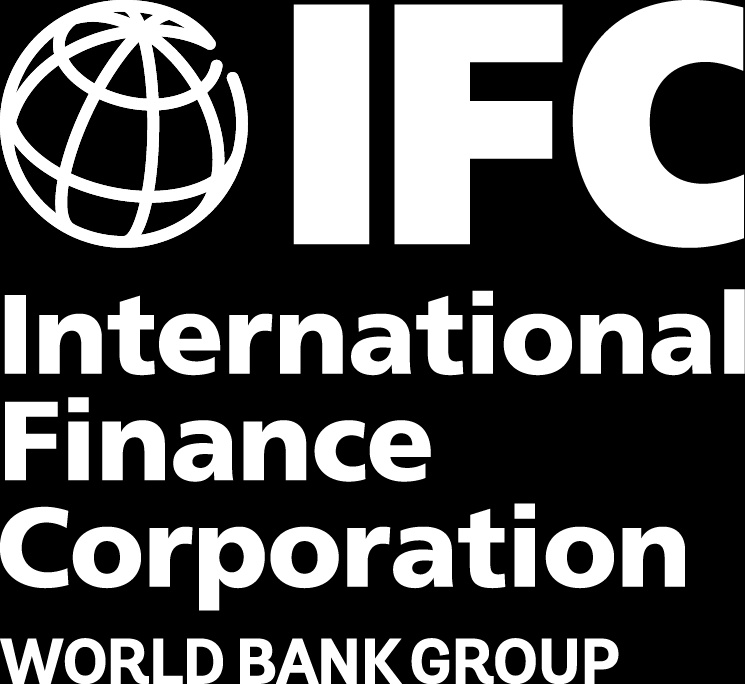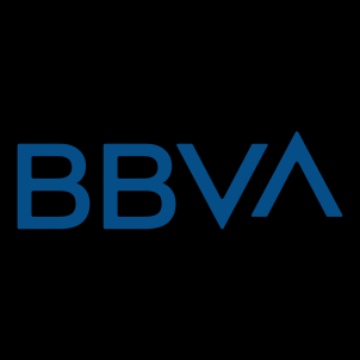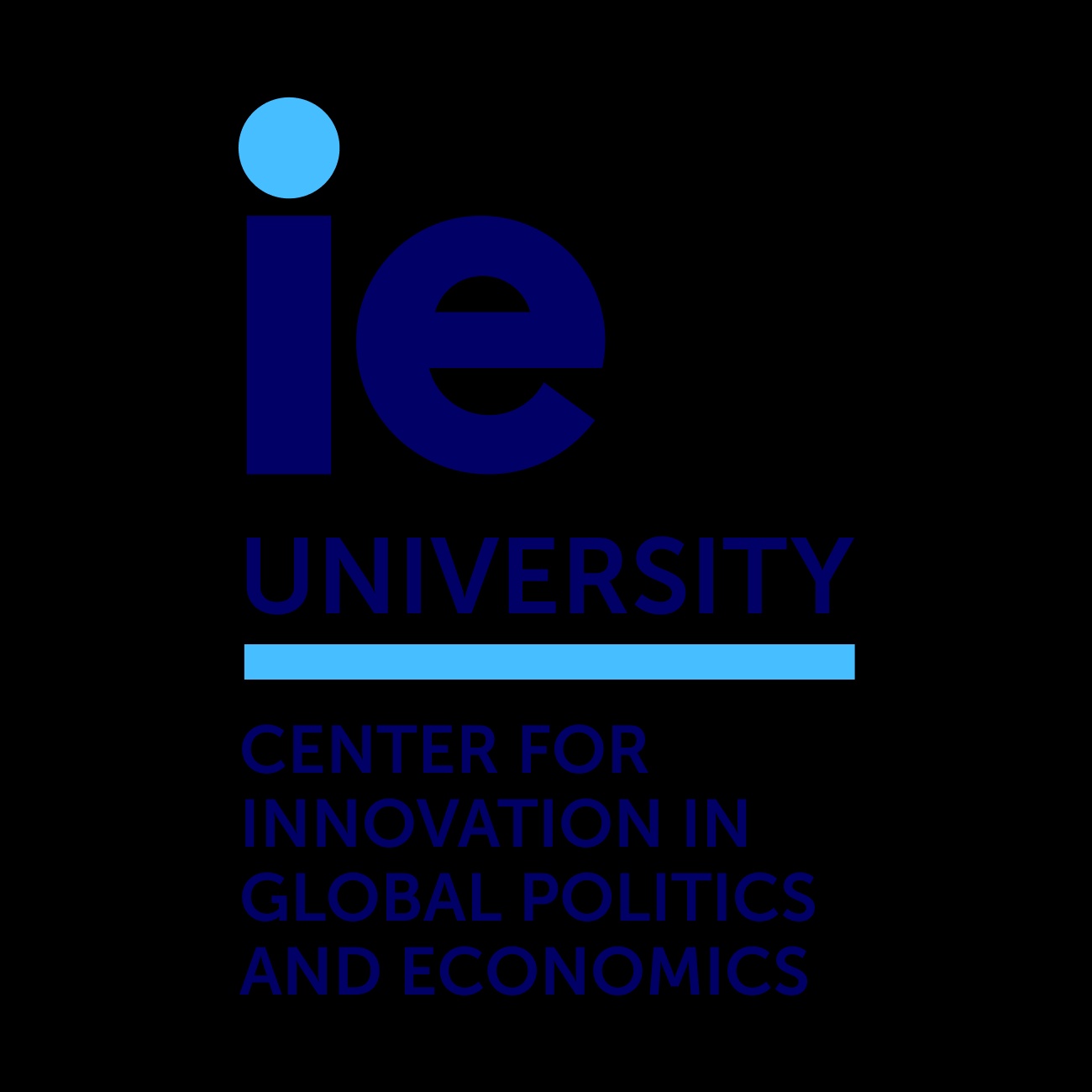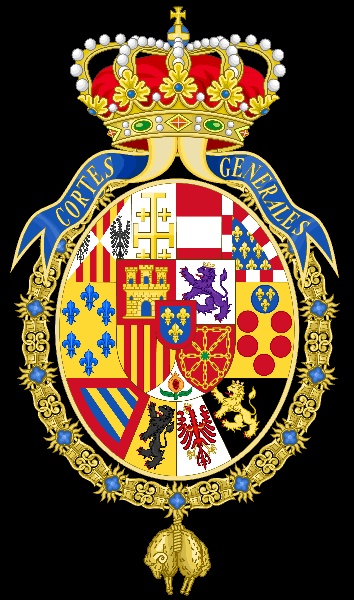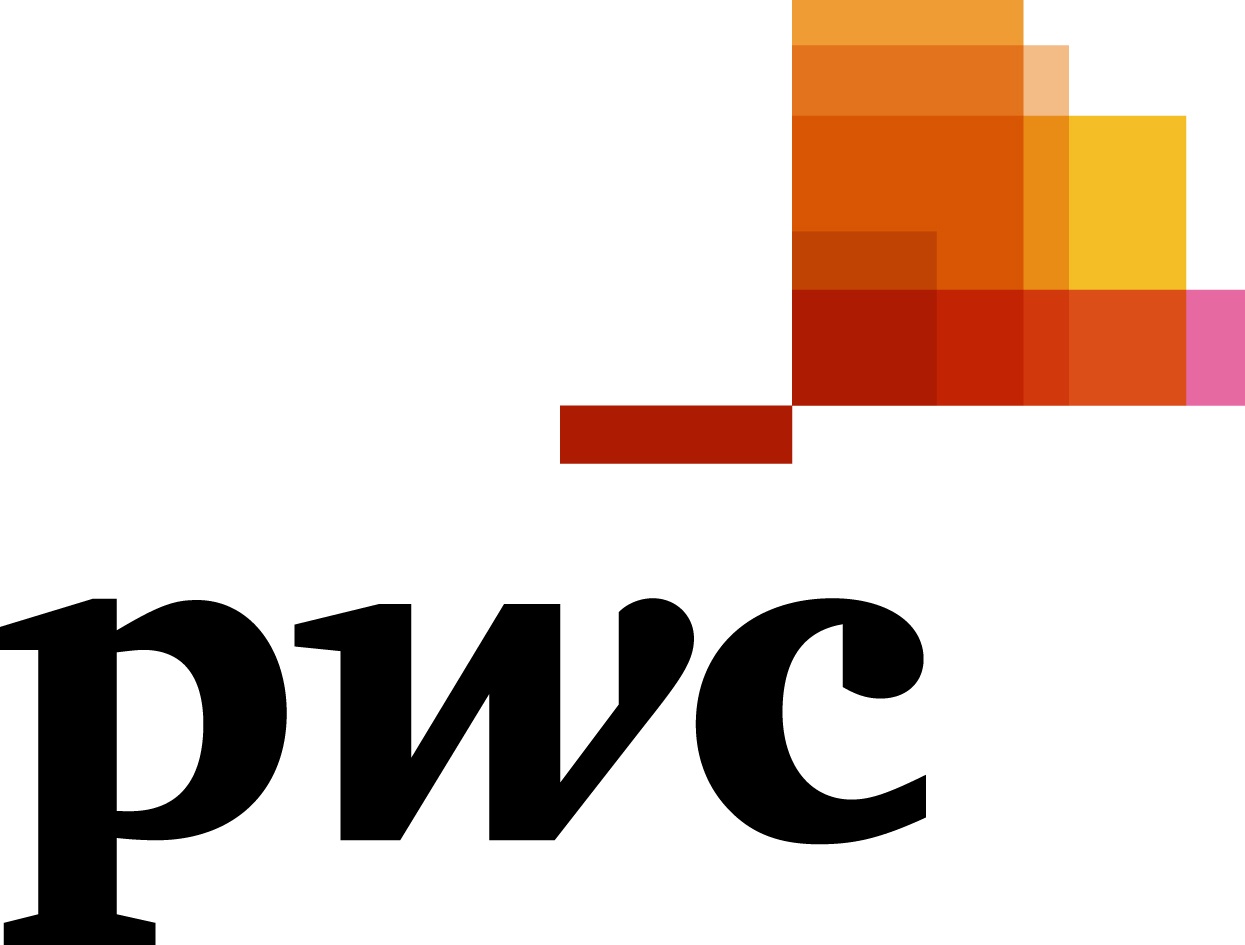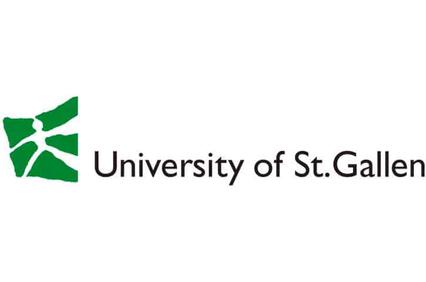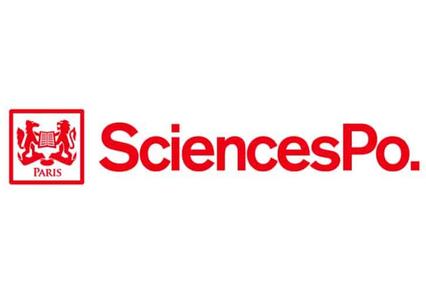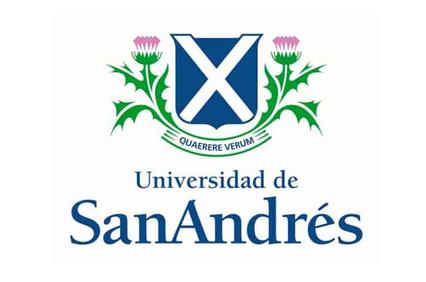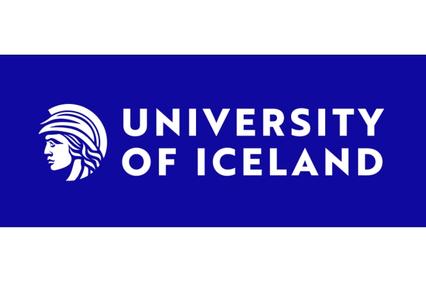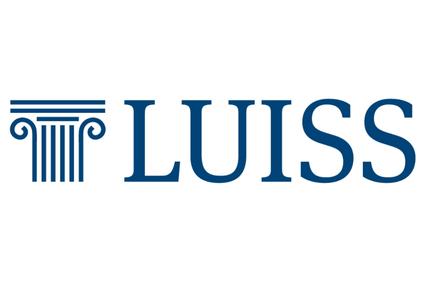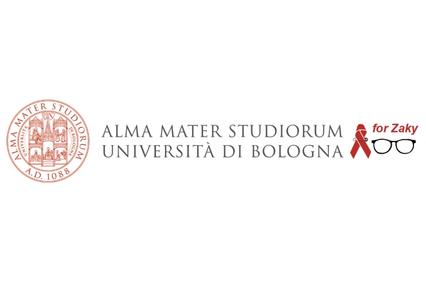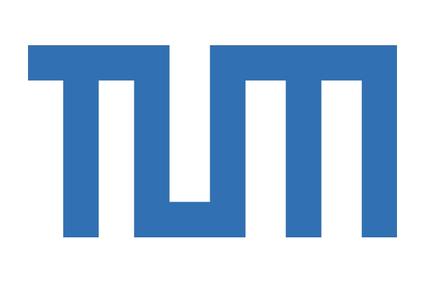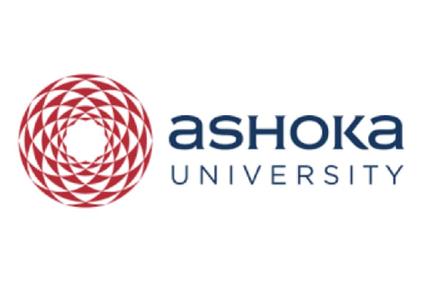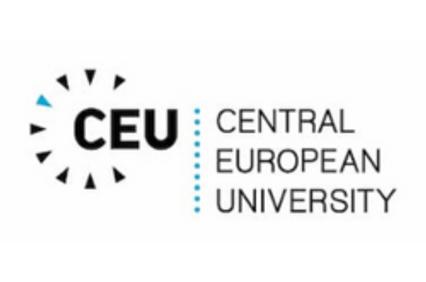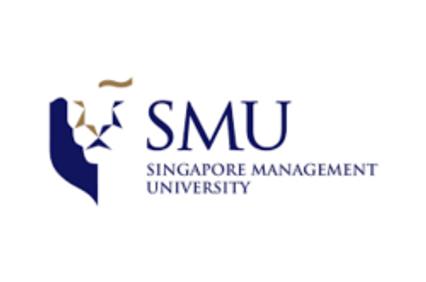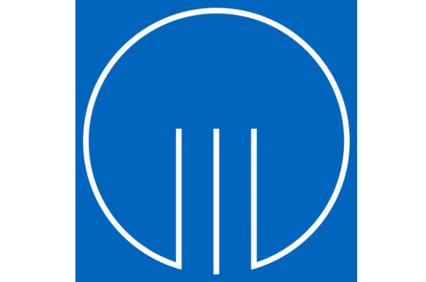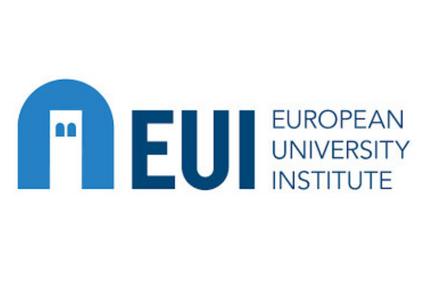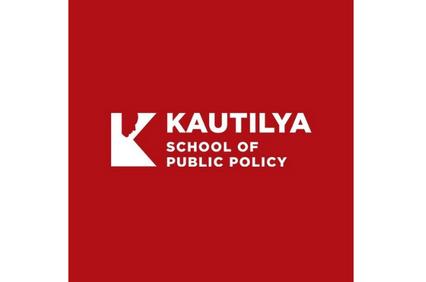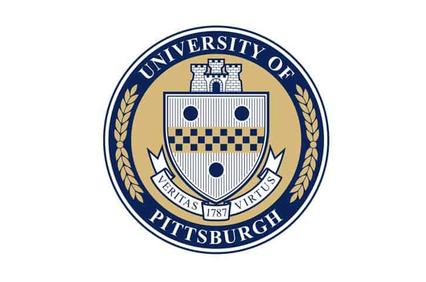
THE MASTER IN APPLIED ECONOMICS PROGRAM
THE MASTER IN APPLIED ECONOMICS PROGRAM
Gain hands-on experience and learn from leading industry experts and academics, boosting your career prospects in just ten months. The program is divided into three terms, offering students a mixture of core courses, elective specialist tracks, and a Final Project. Classes will take place in our vibrant and diverse Madrid campus.
POWERED BY RESEARCH, METHODS AND DATA
The Master in Applied Economics gives you all the industry know-how, with a practical twist. The far-reaching study plan is designed to future-proof your skill set. You’ll combine theory, research and data analysis to respond to real-world economic issues, giving you the hands-on experience that recruiters are looking for.
From learning about the fundamentals of economics to analyzing case studies and forecasting from models, you’ll be well-equipped to launch a successful career in finance, consulting or public policy. Choose from one of three tracks in your third term to specialize and further your skills.

WANT TO KNOW MORE?
EXPLORE THE MASTER IN APPLIED ECONOMICS
EXPLORE THE MASTER IN APPLIED ECONOMICS
- Pre-Program
- TERMS10 Months
- Final Project
- ADD-ONS
- 1st termSEPTEMBER – DECEMBER
- 2ND TERMJANUARY - APRIL
- 3RD TERMAPRIL - JULY
- Pre-Program
- TERMS10 Months
- Final Project
- ADD-ONS
*Please note that our program content is continually updated to remain in sync with market demands. Therefore, we advise you that the content is subject to change and it can be dependent on student demand.
PERSONALIZE YOUR PROGRAM
PERSONALIZE YOUR PROGRAM
After mastering the fundamentals, you’ll have the freedom to personalize your program, choosing from tracks specifically designed to address the needs of the market. Select the track that best suits your own career path from:
ECONOMICS FOR PUBLIC POLICY
This is the track for socially conscious professionals looking for a career where you’ll make an impact on large organizations such as the International Monetary Fund (IMF), the World Bank or national governments. In this track, you’ll study subjects such as health, education, labor economics, poverty and urban economics, giving you a comprehensive insight into the art of economic policy-making.
ECONOMIC ANALYSIS FOR CORPORATIONS
This track is for ambitious corporate leaders with the desire to master the more technical dimensions of economics. If you’re attracted to economic modeling, rigorous quantitative methods or the application of machine learning and data analytics to business, this is the track for you. Learn to wield the tools behind complex operations, asset management, investment modeling and the modern financial services industry, gaining in-demand skills that few people possess and placing you front and center for positions at the most prestigious companies worldwide.
ECONOMIC CONSULTANCY AND MARKET REGULATION
If you’re looking to work for some of the most competitive consulting companies in the world, you’ll need the strategic vision provided by this track. Combine your knowledge of M&A, pricing analysis, project evaluation and market dynamics to become a successful consultant. Completing this track will place you firmly in the headlights of the largest consulting firms in the world.
SPECIALIZATION TRACKS WITH OUR WORLD-RENOWNED MASTER IN FINANCE
SUSTAINABLE FINANCE
This track is designed for forward-thinking professionals passionate about aligning financial expertise with sustainable impact. From mastering ESG investing and analyzing private equity in green industries to navigating the financial mechanics of the energy transition, you’ll gain critical insights into how sustainability is reshaping global markets. Whether it’s tackling financial inclusion or building investor-ready proposals for top-tier firms, this track equips you with the tools and credentials to lead responsibly in tomorrow’s financial landscape.
FINANCIAL TECHNOLOGIES & ARTIFICIAL INTELLIGENCE
If you're eager to harness the disruptive power of AI and digital innovation in finance, this is your track. You’ll explore cutting-edge topics like machine learning, generative AI, algorithmic trading and decentralized finance (DeFi), gaining hands-on experience in Python, neural networks, and blockchain applications. Ideal for tech-driven professionals aiming to stay ahead in a rapidly evolving sector, this track empowers you to redefine financial strategy, execution, and infrastructure at the most innovative firms in the world.
*Providing an enriching learning environment is one of our priorities. With this in mind, if only a small number of students enroll in a specific track, that track will not run that academic year.
CAPSTONE PARTNERS
CAPSTONE PARTNERS
For their final project, students of the Master in Applied Economics can choose between an individual, research-oriented thesis or a practical team-based Capstone Consulting Project. Underneath you can find capstone partners for the Master in Applied Economics.
NOTE: The partners listed here are from previous intakes. Partnering institutions may vary from year to year.
GET TO KNOW MORE ABOUT THIS MASTER PROGRAM
GET TO KNOW MORE ABOUT THIS MASTER PROGRAM
Daniel Fernández, Academic Director of the Master in Applied Economics & Vice-dean of Economics, explains in-depth this program.
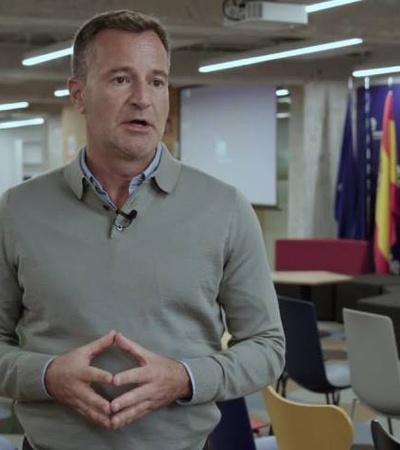
IMMERSION WEEK EXPERIENCE
IMMERSION WEEK EXPERIENCE
As part of your Master in Applied Economics, you will have the opportunity to be part of a one-week field trip where you will visit top companies in the field and get first-hand insights from leading industry experts. This is a great way to understand how these international organizations are tackling global challenges.
* Visits to organizations may vary from one year to another.
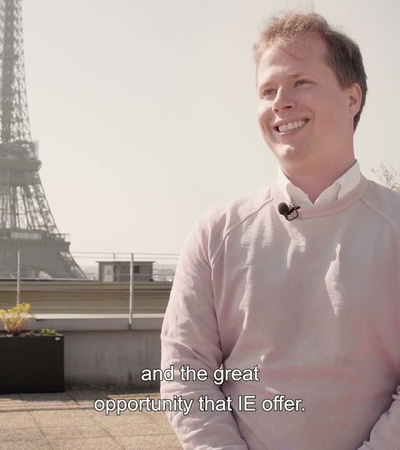
PARTNER UNIVERSITIES FOR THE EXCHANGES
PARTNER UNIVERSITIES FOR THE EXCHANGES
You can personalize your program by spending an additional semester at one of our partner universities worldwide, following the third and final semester in Madrid. Our agreements with these institutions offer you the chance to gain international experience and expand your learning at some of the world's top universities.
NOTE: Spots are limited in all exchange programs. Upon acceptance into an exchange program, there is a fee for reserving your place, but tuition at the partner institution is free of charge. You'll only need to cover your living expenses while there.
UNIVERSITY OF ST. GALLEN
SCIENCES PO
UNIVERSIDAD DE SAN ANDRÉS
UNIVERSITY OF ICELAND
LUISS, ROMA
UNIVERSITY OF BOLOGNA (ITALY)
TECHNICAL UNIVERSITY OF MUNICH
Ashoka University
Central European University (CEU), Austria
Singapore Management University (SMU), Singapore
Hochschule für Politik München / Bavarian School of Public Policy
EUI (European University Institute)
Kautilya School of Public Policy
Univeristy of Pittsburgh, Graduate School of Public & International Affairs
Frequently Asked Questions
Frequently Asked Questions
What can I expect while studying the Master in Applied Economics?
The ten-month Master in Applied Economics begins with a focus on fundamentals such as macroeconomics, microeconomics and statistics, before advancing into practical and technical skills in the second term. The third and final term features a chosen specialization track.
What specialization can I choose during my Master in Applied Economics?
During the third and last term of the program, you can choose one of three specialization tracks: Economics for Public Policy, Economic Analysis for Corporations or Economic Consultancy and Market Regulation. This allows you to delve deeper into the area that interests you most while gaining deep knowledge and practical experience.
What experiences can I take part in during the Master in Applied Economics?
As part of the Master in Applied Economics, you can participate in Immersion Week, a one-week international field trip to visit top companies in various global hubs and gain firsthand insights from leading industry experts. Additionally, you can choose to spend an exchange semester abroad after your final term in Madrid. Our partner universities include Sciences Po, University of Bologna, University of Iceland and Singapore Management University, among others.
For the final project, you can choose between doing a research-oriented thesis or a practical consulting project alongside corporate partners such as BBVA and Caixa Bank, among others.
What skills do I need to apply for the Master in Applied Economics?
When applying for the Master in Applied Economics, it’s important to have a solid academic background with a high GPA in your undergraduate degree, or high grades in economics, statistics and math.
Can I take a semester to study abroad during the Master in Applied Economics?
After completing the final semester of the Master in Applied Economics in Madrid, you can choose to spend an additional semester studying abroad. Our agreements with global partner universities allow you to spend the exchange semester learning at one of eight top academic institutions around the world.
I don’t have a very mathematical or analytical background. Any tips to help me excel in the Master in Applied Economics?
The Master in Applied Economics is designed to give you a firm understanding of fundamental and advanced economic concepts, no matter your background. Through a blend of theory, case studies and quantitative methods, you’ll quickly find your footing in the program. It’s rigorous and challenging, but with some helpful tips from our current students , you’ll be ready to excel throughout your academic journey.
